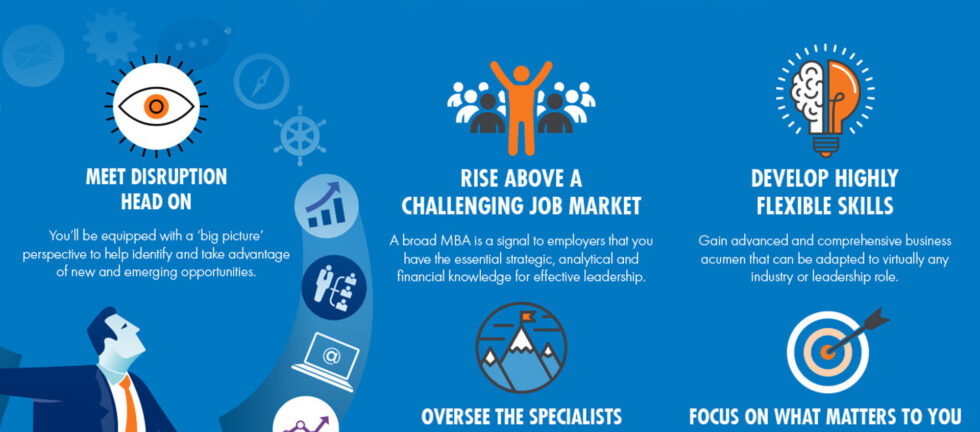Global businesses have high expectations when it comes to investing in MBA talent. Employers believe that MBA graduates should already have a track record of professional success before they fine-tune their outlook and skills at school. So much so that nearly 70% of employers expect MBA graduates to have at least four years of experience. This advanced job profile makes MBA-educated employees unique to organizations and is the reason for the higher salaries that MBA graduates often receive.
Nearly 85 percent of employers actively recruit MBA graduates, and this proportion is even higher in industries such as consulting and finance, and lower in science, law, and non-profit organizations.
The findings show insights gathered from some of the most sought-after destinations for MBA talent, such as Google, Samsung and Deloitte.
MBA employers overwhelmingly rate soft skills as more important than hard skills. That’s not to say that technical skills aren’t important, but they stress that the ability to interact, communicate and lead remains paramount to successfully moving organizations forward.
In examining MBA employers’ assessment of skills, we find a clear disconnect between what employers want and what MBA employees seem to excel at. Specific skills – such as marketing, finance and computer skills – receive the highest satisfaction ratings, even though they are not as important to employers as soft skills.
On the other hand, strategic thinking and leadership – which employers chose as some of the top skills – are rated with the lowest satisfaction.
Influence of industry
Expectations regarding the skills of MBA graduates depend largely on industry factors. Employers in the most important sectors where MBA talent is sought – consulting, finance and technology – identify different priorities and skills gaps.
For example, communication was cited as the most important skill in consulting firms, while unsurprisingly financial skills were cited as the most important skill in the finance sector, and perhaps even more surprisingly, interpersonal skills were cited in technology firms. These different results also relate to skills gaps.
In consulting, where employees typically support clients with their insights and advice, strategic thinking shows almost zero interest from employers. In finance, leadership shows the largest difference in importance and satisfaction scores, at 35. Finally, a 44-point discrepancy in data skills causes dissatisfaction in the technology sector, where MBAs may find themselves working closely with experienced data scientists and engineers.
Clearly, companies across industries are adapting their hiring practices to match the unique operational challenges they face. Although MBA graduates are well positioned to add value in all professional environments, understanding the pain points in skills in specific industries will allow them to further excel in job interviews.
Other interesting findings regarding MBA skills and recruitment:
- On average, companies that are optimistic about the future report smaller skills gaps than companies that are less optimistic.
- Smaller companies value entrepreneurial skills more than larger companies and are less satisfied with these skills among MBA employees.
- Satisfaction scores for strategic thinking are significantly higher for organizations that require MBA recruits to have more work experience.
- Global and regional companies are much more likely than local companies to highlight the importance of multilingual skills for MBA graduates.
Awareness of these skills and their identified gaps can help schools open dialogue with corporate partners, shape the curriculum on campus and better prepare students for interviews.



